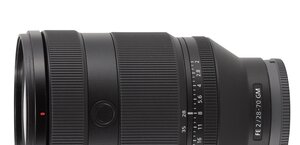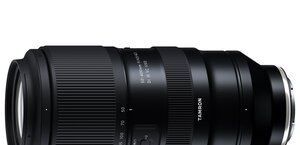Nikon Nikkor Z 24 mm f/1.8 S
5. Chromatic and spherical aberration
Chromatic aberration
In the optical construction of the tested Nikkor the producers emphasized aspherical elements with just one low dispersion element added. Perhaps that's why the Nikkor Z 1.8/24 doesn't correct longitudinal chromatic aberration perfectly well. In out-of-focus areas positioned further in the frame you can notice slight colouring of images especially at the maximum relative aperture. Also on stopping down the aperture by 1 EV you still see traces of that aberration. |
When it comes to correction of lateral chromatic aberration we have far less reservations – below you can find a graph presenting the peformance of the lens on different detectors, depending on the employed aperture.

Please Support UsIf you enjoy our reviews and articles, and you want us to continue our work please, support our website by donating through PayPal. The funds are going to be used for paying our editorial team, renting servers, and equipping our testing studio; only that way we will be able to continue providing you interesting content for free. |
- - - - - - - - - - - - - - - - - - - - - - - - - - - - - - - - - - - - - - - - - - - - - - - -
The aberration keeps a more or less constant level of 0.03% no matter what factors influence it. We should also mention the fact that all results below 0.04% we consider to be very low, so completely imperceptible in real life photos.
| Nikon Z7, RAW, f/1.8 | Nikon Z7, RAW, f/11.0 |

|

|
Spherical aberration
When you look at the first photo of this chapter you can notice that the depth of field shifted toward greater distances as you pass from f/1.8 to f/2.5. It is the first symptom that spherical aberration hasn't been corrected perfectly well.The second test in this category consists of an appraisal of circles of light we obtained before and behind the focus. In this case you don't see huge differences but the visible rim, a not exactly welcome feature, can be noticed in both circles. Its intensity seems to be similar.
| Nikon Z7, f/1.8, before | Nikon Z7, f/1.8, after |

|

|






